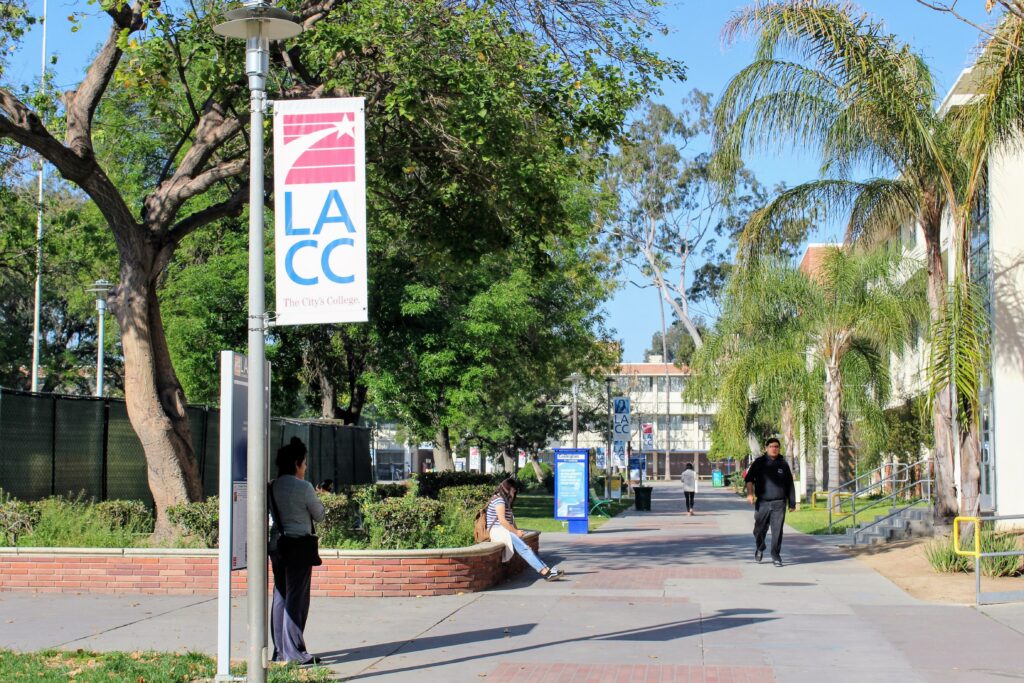During this summer, a team of students from MIT embarked on a journey to the sou …
Obscure academic renewal policy allows students a fresh start
Jennifer Livingstone

The initial year of college is often the most stressful period for students. It represents a significant transition from the structured environment of high school.
We are suddenly faced with a new level of freedom, which can be overwhelming. The absence of consequences for missing a class or two and the opportunity to socialize can lead to a lack of effort in education, especially in community colleges where the coursework may not be as demanding.
But what happens when students encounter obstacles during their collegiate journey?
Personally, I faced another challenge that hindered my academic performance. At the start of my educational journey, I was diagnosed with ulcerative colitis, which had a significant impact on my ability to excel in classes. The unpredictable pain made attending classes and focusing on the material extremely difficult. As a result, my grades suffered as I tried to cope with my illness while managing a full course load and maintaining a social life.
During my first few semesters in community college, I had to withdraw from classes (W) and even received a couple of F’s. I realized that transferring to a four-year university was unlikely, so I made the decision to take some time off. I began to question whether college was the right path for me. Dropping out seemed like the only option, especially considering the financial burden of medication and doctor visits. At that time, I believed that I would never have the opportunity to earn a degree.
However, everything changed with the onset of the Covid pandemic, which brought about a shift to remote work and online learning.
The option to take online courses was appealing, even though I believed that transferring to another institution would be an impossible feat given my academic history.
Out of curiosity, I reached out to an adviser at my local community college via email to explore the possibility of transferring despite my less-than-impressive transcripts.
To my surprise, the adviser informed me about the little-known academic renewal policy. This policy allows students who have taken a two-year break from community college to request the removal of a limited number of units from their GPA. While these units will still appear on their records, this process provides a more comprehensive picture of their academic efforts to four-year universities. It presents an opportunity to rebuild one’s academic career by returning to classes and excelling in them.
According to the California Community Colleges, the academic renewal policy was established in 2008.
Under this policy, students can petition to have their D’s and F’s excluded from their GPAs. However, they must first attain a certain level of passing grades to initiate the process.
It is important to note that the student must still put in the necessary work. Simply erasing a few W’s and F’s from one’s GPA does not guarantee success. However, the chance to have a second opportunity in education can be transformative for individuals facing illnesses, financial hardships, or other unforeseen circumstances.
Your first semester in college should not define your academic journey indefinitely. Fortunately, the community college system in our state acknowledges this.
When I completed the academic renewal application with my adviser, I did not have high expectations. However, I was pleasantly surprised by the assistance I received. The adviser ensured that my plan to take the appropriate courses for transfer to my desired colleges was feasible.
What followed were four semesters of intense hard work. I returned as a determined student, attending classes regularly, actively engaging with professors, participating in study groups, and even serving as a teaching assistant. Thankfully, my illness went into remission, and for the first time, I felt like a true student.
Thanks to the guidance of my advisers, professors, and fellow students, I was able to transfer to my dream university.
However, I do wish that this renewal process was more widely promoted, as not all students who initially struggle in their academic journeys seek assistance from advisers. Community colleges have a responsibility to explore better ways to ensure that students are aware of the second chances available through this relatively unknown process.
It is essential that students across the state are knowledgeable about academic renewal, as it can be the deciding factor between giving up on obtaining a degree or achieving their goals.
•••
Joshua Picazo is pursuing a degree in media studies at UC Berkeley and is a member of EdSource’s California Student Journalism Corps.

